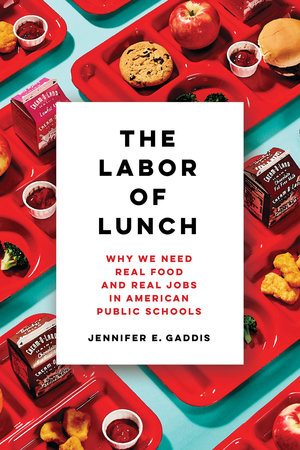March is Women’s History Month, and we at UC Press are proud to share our rich record of publishing stories of women from throughout history, between disciplines, and across borders.
Please enjoy these collections which highlight the work, research, and activism of women authors from throughout our list. From the coral shores of the Caribbean to the front lines of student protests, from medieval reliquary vaults to California’s strawberry fields and beyond, our authors showcase the vibrancy of today’s woman-authored scholarship.
Coerced
Work Under Threat of Punishment
by Erin Hatton
“Written with clarity and style, this is a book that offers the best of sociology: a mix of people’s compelling, even tragic stories and an innovative contribution to what we know about work, highlighting a poorly understood phenomenon that nonetheless is happening right under our noses and that illustrates some important trends. I would definitely assign this.”
—Allison J. Pugh, author of The Tumbleweed Society: Working and Caring in an Age of Insecurity
What do prisoner laborers, graduate students, welfare workers, and college athletes have in common? According to sociologist Erin Hatton, they are all part of a growing workforce of coerced laborers.
Coerced explores this world of coerced labor through an unexpected and compelling comparison of these four groups of workers, for whom a different definition of “employment” reigns supreme—one where workplace protections do not apply and employers wield expansive punitive power, far beyond the ability to hire and fire. Because such arrangements are common across the economy, Hatton argues that coercion—as well as precarity—is a defining feature of work in America today.
Theoretically forceful yet vivid and gripping to read, Coerced compels the reader to reevaluate contemporary dynamics of work, pushing beyond concepts like “career” and “gig work.” Through this bold analysis, Hatton offers a trenchant window into this world of work from the perspective of those who toil within it—and who are developing the tools needed to push back against it.
The Labor of Lunch
Why We Need Real Food and Real Jobs in American Public Schools
by Jennifer E. Gaddis
“A welcome addition to the growing library of works focusing on labor in the food system. This topic deserves attention and Gaddis is looking at the plight of an especially neglected group, the people who make and serve food to kids in schools. . . . Let grass-roots advocacy begin!”
—Marion Nestle, Food Politics
There’s a problem with school lunch in America. Big Food companies have largely replaced the nation’s school cooks by supplying cafeterias with cheap, precooked hamburger patties and chicken nuggets chock-full of industrial fillers. Yet it’s no secret that meals cooked from scratch with nutritious, locally sourced ingredients are better for children, workers, and the environment. So why not empower “lunch ladies” to do more than just unbox and reheat factory-made food? And why not organize together to make healthy, ethically sourced, free school lunches a reality for all children?
The Labor of Lunch aims to spark a progressive movement that will transform food in American schools, and with it the lives of thousands of low-paid cafeteria workers and the millions of children they feed. By providing a feminist history of the US National School Lunch Program, Jennifer E. Gaddis recasts the humble school lunch as an important and often overlooked form of public care. Through vivid narration and moral heft, The Labor of Lunch offers a stirring call to action and a blueprint for school lunch reforms capable of delivering a healthier, more equitable, caring, and sustainable future.
Opting Back In
What Really Happens When Mothers Go Back to Work
by Pamela Stone and Meg Lovejoy
“At yet another moment when the best and brightest are needed in our fast-changing workforce, Pamela Stone and Meg Lovejoy offer a valuable take on what one of America’s greatest resources—the smart, talented women who opted out of their careers to raise children—face when they return and the consequences for all women seeking to strike a work/life balance.”
—Judy Woodruff, anchor and managing editor of PBS NewsHour
Taking a career break is a conflicted and risky decision for high-achieving professional women. Yet many do so, usually planning, even as they quit, to return to work eventually. But can they? And if so, how? In Opting Back In, Pamela Stone and Meg Lovejoy revisit women first interviewed a decade earlier in Stone’s book Opting Out? Why Women Really Quit Careers and Head Home to answer these questions. In frank and intimate accounts, women lay bare the dilemmas they face upon reentry. Most succeed but not by returning to their former high-paying, still family-inhospitable jobs. Instead, women strike out in new directions, finding personally gratifying but lower-paid jobs in the gig economy or predominantly female nonprofit sector. Opting Back In uncovers a paradox of privilege by which the very women best positioned to achieve leadership and close gender gaps use strategies to resume their careers that inadvertently reinforce gender inequality. The authors advocate gender equitable policies that will allow women—and all parents—to combine the intense demands of work and family life in the twenty-first century.






